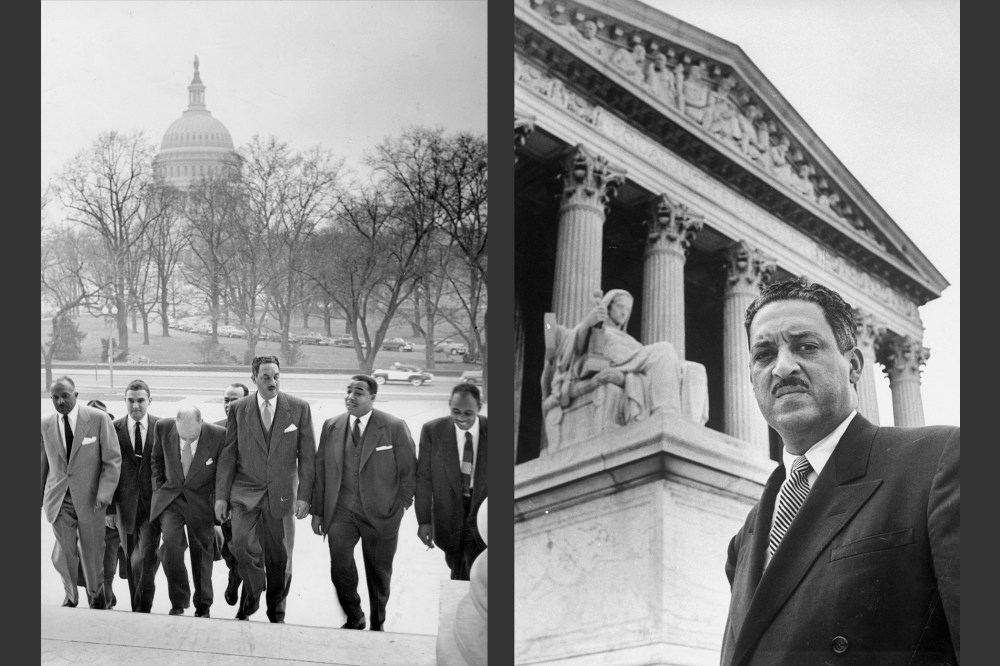It was exactly 65 years ago today that the U.S. Supreme Court issued a unanimous, landmark ruling in Brown v. Board of Education, striking down school segregation, and making clear that “separate but equal” is inherently unequal. It was one of the most important judicial rulings in American history.
More recently, however, Donald Trump judicial nominees have been reluctant to say whether the justices got it right.
As regular readers may recall, the first sign of trouble came a year ago, when Wendy Vitter, one of the president’s choices for the federal bench, was asked by Sen. Richard Blumenthal (D-Conn.) whether Brown was “correctly decided.” She didn’t want to give a definitive answer. Andrew Oldham, a Trump nominee for the Fifth Circuit of Appeals, was asked the same question and answered the same way.
The Republicans’ Senate majority seemed unfazed, narrowly confirming Oldham last year, and doing the same with Vitter’s nomination this week. But as Laura Meckler and Robert Barnes noted in a new piece for the Washington Post, this has quickly become an unexpected norm.
For months, a Democratic senator has been asking Trump judicial nominees what appears to be a straightforward question: Was Brown v. Board of Education, the landmark decision that ended legalized school segregation, properly decided?
Legal scholars across the ideological spectrum say the answer is clearly yes. Still, more than two dozen nominees have declined to answer the question at a time when many schools remain segregated by race.
Circling back to our earlier coverage, I can appreciate at some level why would-be jurists want to convey their impartiality, especially during Senate confirmation hearings. One never knows what kind of cases might arise in his or her courtroom, so judicial nominees tend to be understandably cautious about taking sides on controversial issues.
Except in 2019, there’s no reason to see state-sanctioned segregation as a controversial issue.












